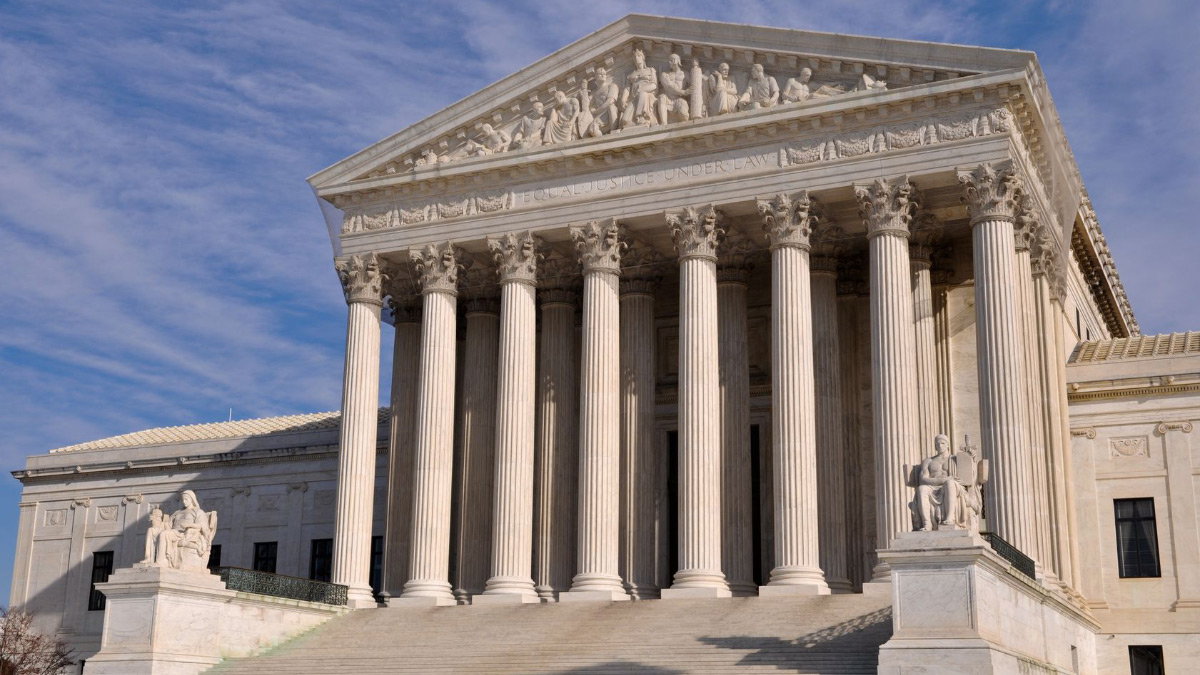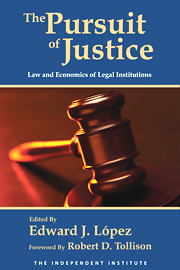The U.S. Supreme Court’s forthcoming decision, expected in June, in Janus v. American Federation of State, County and Municipal Employees, Council 31, is one of the most eagerly anticipated rulings this year. Even representatives of the Roman Catholic hierarchy in the U.S. have weighed in—although not all of the bishops are happy about the position they’ve taken.
At issue is the legal status of mandatory union dues for blatant political activity. Mark Janus, a child-support specialist at the Illinois Department of Healthcare and Family Services, is suing the union that represents him because he doesn’t think he should be forced to pay dues to a union he feels does not represent his interests. Currently, in a “closed shop” state like Illinois, Janus has no choice.
Employees cannot be required to support their union’s political spending, the Supreme Court ruled in its 1977 Abood v. Detroit Board of Education decision. But workers can be compelled to pay “agency,” or “fair share,” fees to cover a union’s costs for collective bargaining and grievance arbitration. Hopefully, the Janus decision will clarify, once and for all, what constitutes unlawful political spending.
To be sure, unions still commonly endorse political candidates with coerced dues. Moreover, for public-sector unions, even collective bargaining is inherently political, since compensation and staffing levels affect taxpayers and thus constitute compelled speech that violates employees’ First Amendment rights.
Justice Anthony Kennedy nailed it when he asserted, during oral arguments before the court in February, “What we’re talking about here is compelled justification and compelled subsidization of a private party, a private party that expresses political views constantly.”
Kennedy also harshly questioned the Illinois solicitor general. The union, he asked, “can be a partner with you [the state] in advocating for a greater size workforce, against privatization, against merit promotion, for teacher tenure, for higher wages, for massive government, for increasing bonded indebtedness, for increasing taxes? That’s the interest the state has? Doesn’t it blinker reality to deny that that is what’s happening here?”
Constitutional issues aside, the bottom line for unions is that forcing the rank and file to pay dues pads their coffers and thus expands their political influence. An adverse decision would erode union membership, hastening a decades-long decline.
Fifty years ago, nearly a third of U.S. workers belonged to a union, but membership has hit a record low of 10.7 percent for the past two years. The Janus case is significant because 34.4 percent of public-sector workers remain unionized, compared to just 6.5 percent in the private sector.
A ruling in favor of Janus would effectively prohibit all states from making union membership (and thus the payment of union dues) a condition of public-sector employment, letting all public employees cut off the union as if they lived in a right to work state.
But organized labor has an ally in the U.S. Conference of Catholic Bishops, which filed an amicus, or friend-of-the-court, brief in favor of the union. The clerical group contends that Catholic social doctrine favors workers’ right to organize for the protection of the vulnerable, and that right-to-work laws weaken this union power.
But not all Catholics agree. The USCCB legal brief cannot even be construed as representing a majority of American bishops.
“In fact, no vote was taken on whether to file such a brief,” writes Bishop Thomas John Paprocki of the Diocese of Springfield, Ill., which happens to be where the Janus case originated. “While church teaching clearly supports freedom of association and the right to form and join a union, it does not mandate coercing people to join a union or pay dues against their will.”
The USCCB’s brief also complained that a court ruling in favor of Janus would diminish Catholic bishops’ efforts to debate the merits of right-to-work provisions in various states by effectively rendering its advocacy efforts moot, since states could no longer enforce “closed shop” union arrangements or oppose right-to-work arrangements, as the USCCB presumably wishes.
But if the union rules the Church supports are coercive and violate workers’ constitutional rights, then prohibiting such infringements clearly must take precedence over letting the Church score some debate points later.
The Catholic Church can continue to support workers’ right to organize without supporting compelled speech or government favoritism toward unions. It should also support, and with equal fervor, a worker’s right not to be associated with, or be forced to provide financial support to, a union the worker feels doesn’t represent his or her interests or beliefs. So, too, should the Supreme Court.









